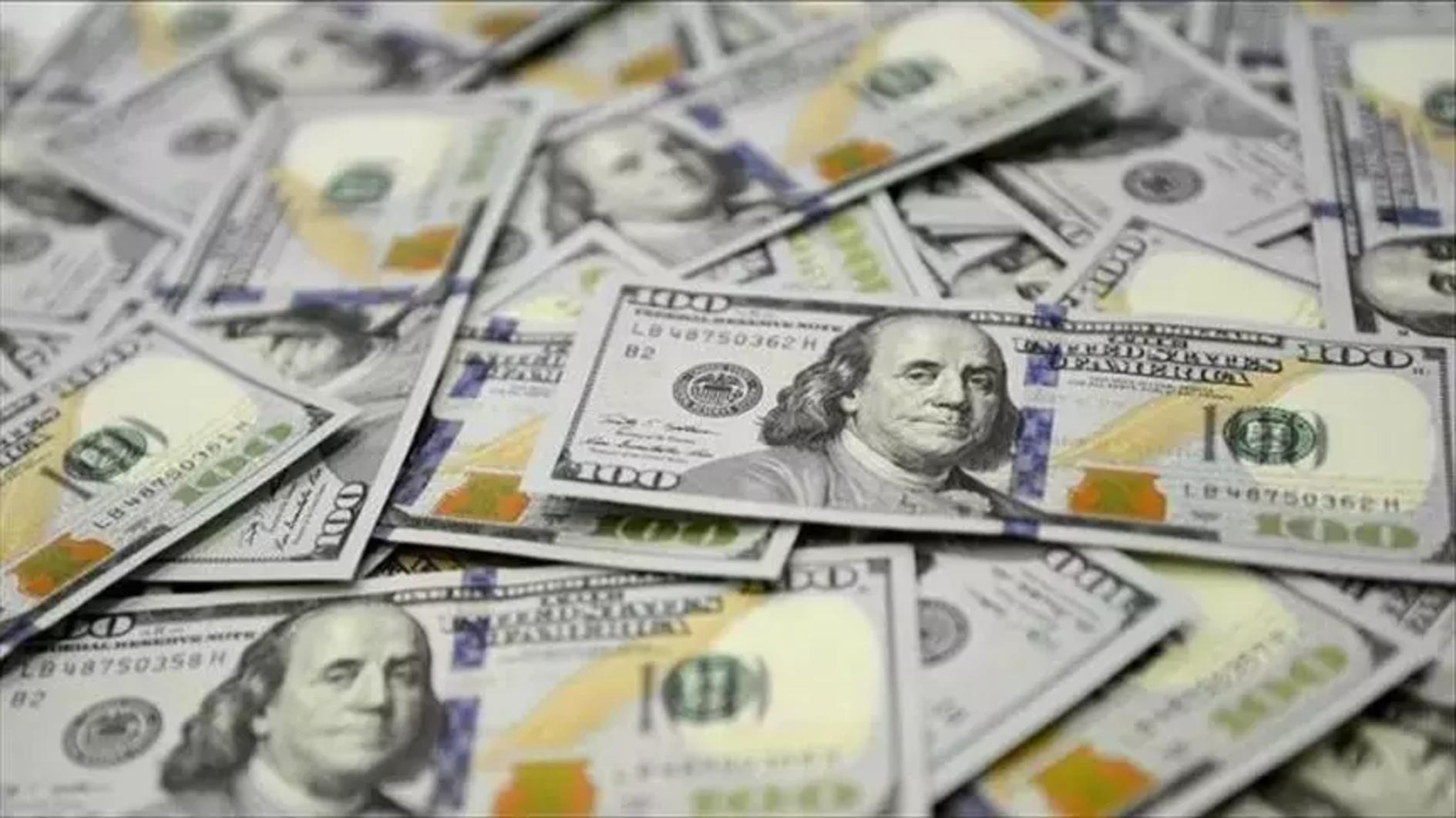Turkey’s bitter learning by suffering
Learning by suffering is a bitter scenario, but Turkey often does not even learn after suffering. The Gülenists’ July 15 coup attempt has left behind a fragile country that looks increasingly like a land consisting of large swathes of quagmire, lunatic asylums specializing in paranoia and schizophrenia, and an emerging class of opportunists.
In all probability, crypto Gülenists are likely reporting to the law enforcement authorities non-Gülenists, non-Gülenists are likely reporting non-Gülenists, Gülenists are reporting Gülenists to save their skin with lighter sentences, and all past evil is being blamed on crypto, real, fake, one-time or non-Gülenists. Soon most players in this new Byzantine intrigue will probably get lost in the Turkish quagmire.
Even a National Security Council (chaired by the president) order to shoot down any foreign military airplane that violates Turkish airspace, executed on orders from the (then) prime minister, is now being blamed on “Gülenist pilots.” This columnist cannot recall how many times the prime minister said it was HIS orders to shoot – and that any further aircraft that violates Turkish airspace would also be shot.
The Gülenists’ failed putsch has provided the government with an unconvincing opportunity to blame all past mistakes on this clandestine group. Because it is shadowy, you can blame every failure on its shadowy elements, real or fake.
Most recently, a senior official told this newspaper that elements in the Turkish military with ties to the Gülenists worked to stall Turkey’s operation in the northern Syrian city of Jarablus for over two years. According to this theory, the Turkish government has been working on a ground incursion for more than two years. It came close to putting boots on the ground there for over two years and contingency plans were drawn up as a first step toward military action. But “certain commanders within the military worked to stall Turkey’s plan to move” as they came up with excuses, such as a lack of military capability, to make it impossible for the government to move forward. Nice one.
But did the government, over and over, not emphasize in bold letters in the past several years that it was making the decisions, not the military? Were/are there crypto Gülenists within the cabinet ranks? Why did the president and the prime minister decide to put off the incursion into Syria when they claimed that the mighty Turkish military could reach Damascus in a few hours – and when Jarablus is a few minutes’ drive from the border?
First, the Gülenist elements are not high-ranking enough to advise the president and prime minister for or against an incursion into foreign lands. They could only have convinced the top brass who then must have convinced the political authority that an incursion was not a good idea.
Second, to claim that the operation was stalled for over two years means that the move to stall it goes beyond the government’s declared timeline in deciding whether someone is a Gülenist or an innocent (Gülenist) repentant: December 2013. Which Gülenist elements in 2014, 2015 and the first half of 2016 stalled Operation Euphrates Shield? In those years, which top commanders were advising the government against an incursion? Were they also crypto elements? Or were they just another bunch of government loyalists who were fooled by the Gülenists?
Was the prime minister, who four years ago said Syrian President Bashar al-Assad’s days in power were numbered, also a crypto Gülenist? We are going through days when even the Gülenists, crypto Gülenists, repentant Gülenists or opportunistic Gülenists cannot decide which category they should belong to: Schizophrenia is Gülen’s gift to Turkey after the putsch attempt.
Do not be surprised if in a year’s time Operation Euphrates Shield is blamed on another crypto cell of Gülenist officers. Try to get used to this cycle. “It was a silly operation planned by Gülenist elements within the military.” Or, if Turkey decides to withdraw, claiming victory, then the decision to withdraw could also be blamed on crypto Gülenists if it is not a success.
After all, the race has begun and there are no limits.










